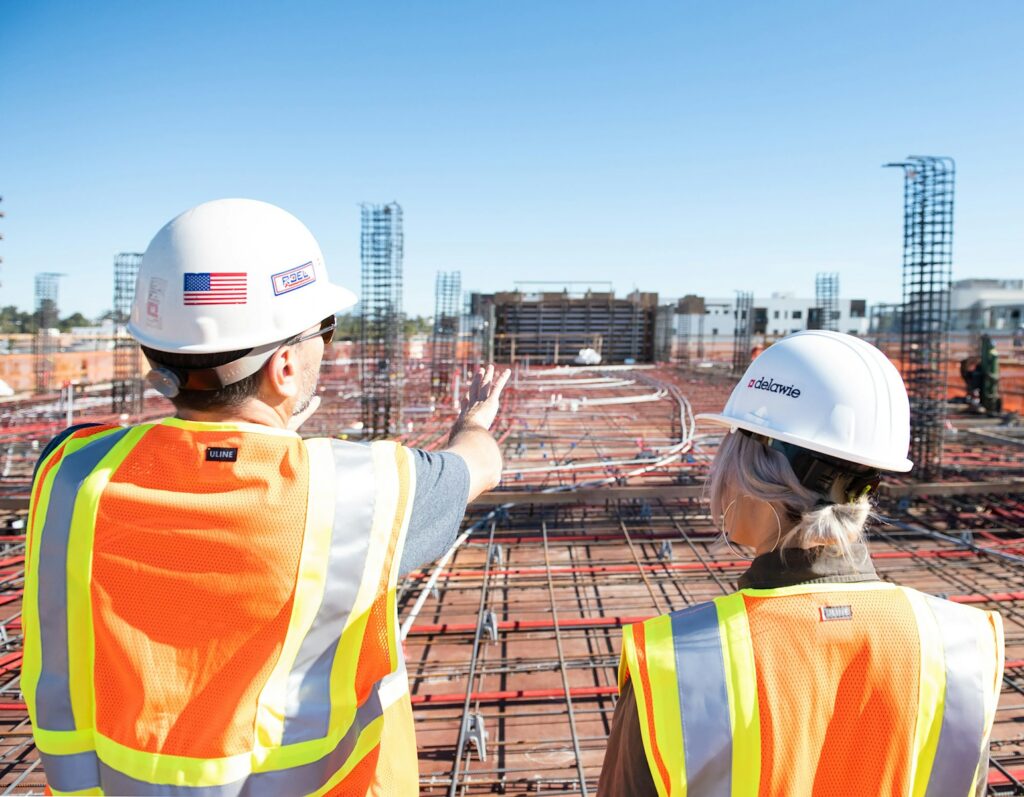
At the end of 2023, some 30 000 building industry employees in the Western Cape received more than R200 million in bonuses and leave pay, thanks largely to the efforts of the Building Industry Bargaining
Council (BIBC).
The BIBC in the province has been instrumental in ensuring hundreds of thousands of workers continue to benefit financially, despite a stagnant national economy still battling the fallout of the Covid-19 period.
Danie Hattingh, principal officer of the BIBC, says the Western Cape sector has been a shining example to the rest of the country. Over the past eight quarters, the Western Cape has performed best among the country’s largest construction employment contributors, boasting an average growth of some 8%.
The council’s resilience was severely tested at the height of the pandemic, yet it was still able to sponsor retirement fund contributions of compliant employers and employees for seven months. Its unwavering commitment to stakeholders has remained as the industry has stabilised in the past two years. The BIBC’s effectiveness lies in its model of holding employee benefits in provision and paying workers directly. This means that the employer is released from the burden of having to find funds for annual leave pay and holiday bonuses because the business already pays a proportion of the daily labour rate for this purpose.
Furthermore, the body – which boasts 97 staff – carries tremendous weight in terms of its legislative standing. In addition to the council’s accreditation with the Commission for Conciliation, Mediation and Arbitration (CCMA) in February 2023, the Financial Sector Conduct Authority issued new regulations to give the council further power to not only enforce, but report under the Pension Funds Act 24 of 1956.
However, the BIBC also embraces an approach of trying to help so that employers do not fall foul of dispute resolution procedures.
According to Hattingh, it has embarked on multiple projects to ensure fair treatment for all.
This is particularly relevant toemployees who, for example, have worked for 30-35 years and suddenly find
themselves retrenched. By having their pension fund contributions paid over for reinvestment purposes, they have some money to fall back on in the event of a sudden loss of income. The organisation is also playing an important role in guiding building industry stakeholders through recent developments that may affect their financial contributions.
One of these recent developments is the “two-pot system”, where employees will be able to draw against their retirement funds savings from September 2024. Another development is the proposed National Health Insurance (NHI) plan, but the council has again pulled out all the stops to establish any potential impacts on beneficiaries and guide them through the process. Hattingh adds that this year, the BIBC
will be focusing on increasing membership of employer organisations and trade unions and building these relationships. I twill also emphasise the importance of the BIBC as the recognised collection agent
that overcomes delays in the collection and distribution of employee benefits and party levies. “By registering with the BIBC, we can create a fair and sustainable buildingindustry. We’re stronger together,” says Hattingh.
